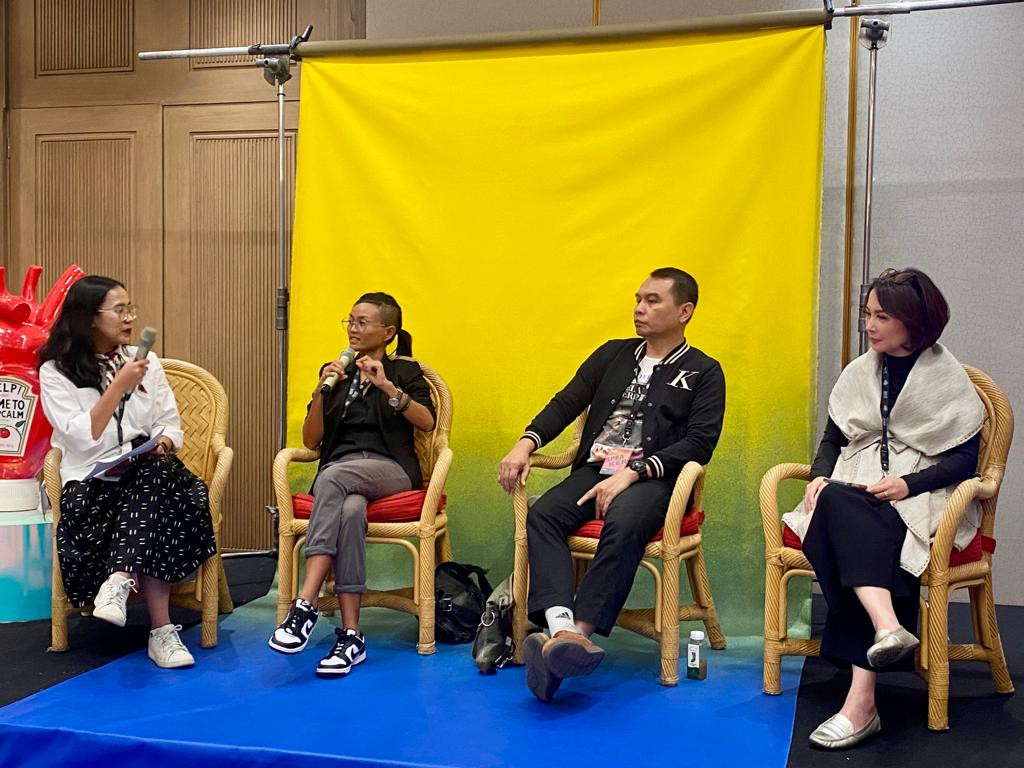Popular Reads
Top Results
Can't find what you're looking for?
View all search resultsPopular Reads
Top Results
Can't find what you're looking for?
View all search resultsTackling misinformation, disinformation and electoral intricacies through journalism
Change text size
Gift Premium Articles
to Anyone
T
he Jakarta Post joined a panel composed of some of Indonesia’s leading media players to map out the challenges in the run up to the 2024 election, spotlighting the important role of the media in shaping public perception and holding up the truth.
The discussion, titled “Integrity, Neutrality, Resiliency: How Media Should Fight for Truth Throughout the Political Year”, was held on Sept. 29 at the Jakarta Convention Center (JCC) in Senayan, Jakarta, and was part of IdeaFest 2023, which carried the theme "Lead the Leap!".
The Post’s general news editor Ina Parlina shared the space with Liputan6 SCTV chief editor Retno Pinasti and Kompas daily managing editor Adi Prinantyo, while Namira Daufina from Pear Press served as a moderator.
The Post has a dedicated “Election 2024” page on its website, which displays all election-related content published on the print edition’s Headlines section on pages 2 and 3.
“The curated content [on the website] not only maps out election information, but also features profiles of the political parties and candidates, along with information about important dates for the public. We also feature youth voices, as the General Elections Commission (KPU) has said around 50 percent of the voters will be either Generation Z or millennials,” Ina explained.
With a total of 204 million eligible voters for 2024, approximately 106 million, or around 52 percent, are younger than 40. Millennials make up a third of all registered voters, while Generation Z voters make up a further 22 percent.
“We also have a newsletter titled ‘Indonesia Decides’, which presents what we did throughout the week and is sent out to our subscribers every Wednesday.”
According to Ina, the Post aims to stay relevant to its younger readers. As Indonesia’s English-language media is already segmented, she continues, The Post is currently focusing on special reports as well as engaging with content partnerships, with the most recent example being a series on electricity with the Thomson-Reuters Foundation.
At the same time, the younger generation is more skeptical about media neutrality, especially during a high-stakes election where some owners of major media companies are connected to political parties.
Ina noted that one of the major hurdles – regarding the proliferation of misinformation and disinformation on social media – is media literacy, coupled with a generally low desire to read.
“We understand that for some, English is hard, and electoral issues are even harder, so we try to create simple sentences. Of course, at the end it becomes interpretative journalism, but we need to present the context. Our newsroom tries to provide simple contexts so that readers will be able to easily grasp the issues at play.










